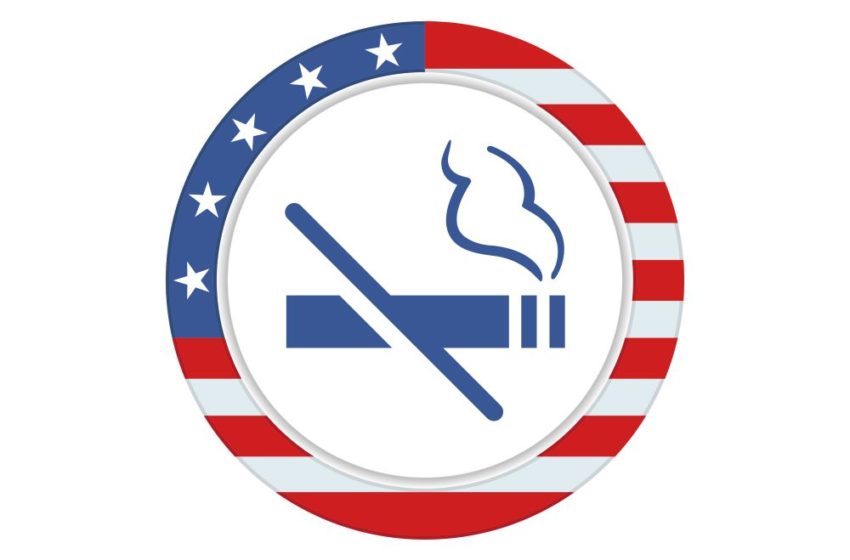
Tobacco smugglers fleeing customs agents have caused a minor diplomatic incident between Gibraltar and Spain, reports Reuters.
Gibraltar accused Spain of a “gross violation of British sovereignty” after two customs officials entered the territory during an anti-smuggling operation. Spanish media reported that the Spanish customs agents’ boat lost power while chasing the tobacco smugglers.
Gibraltar’s chief minister, Fabian Picardo, said the facts of the incident need to be investigated before diplomatic action is taken; rocks were reportedly thrown at the customs agents, and a video of the incident shows potential shots fired, but it is unclear who fired them.
Spain’s foreign ministry condemned the attack on the customs agents, who suffered “serious injuries” and said it “categorically rejects the terms” of the statement issued by Gibraltar “as well as the claims of alleged British sovereignty over the territory and waters of Gibraltar contained within it.”
Britain and Gibraltar are in the process of negotiating a treaty to settle Gibraltar’s post-Brexit status and decide how to police the border with Spain.






















